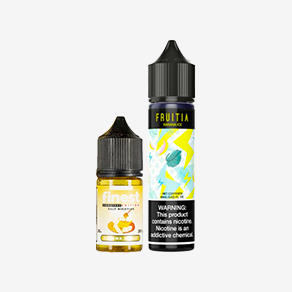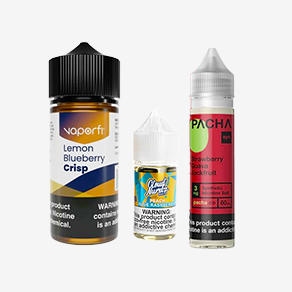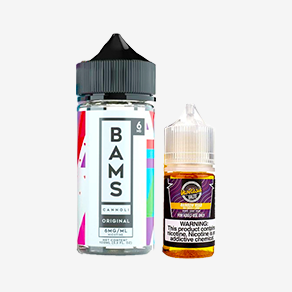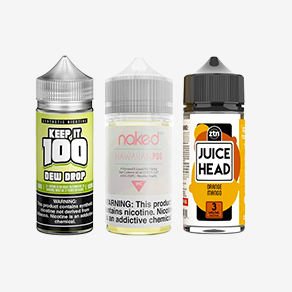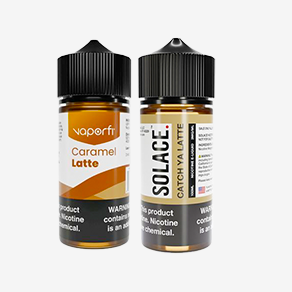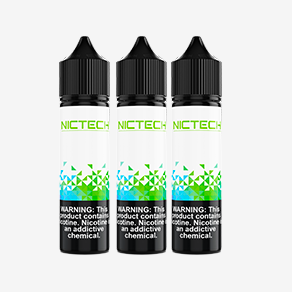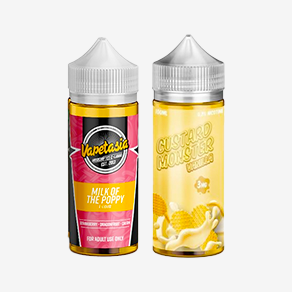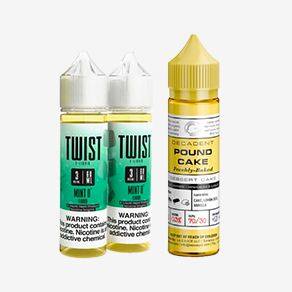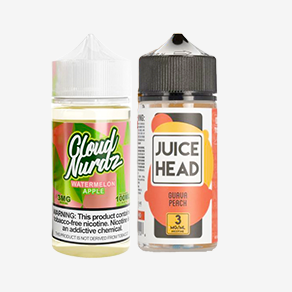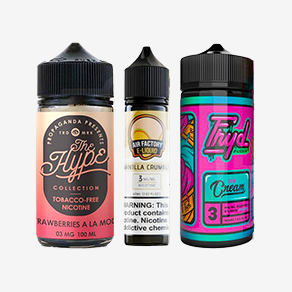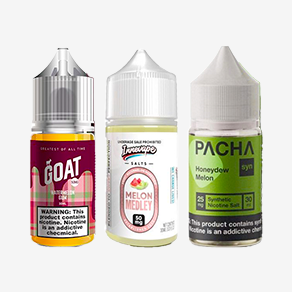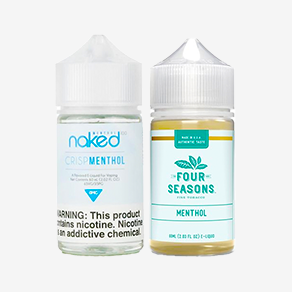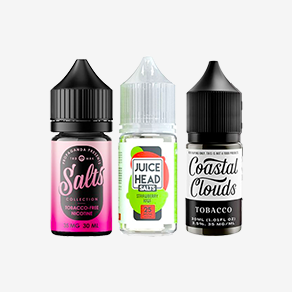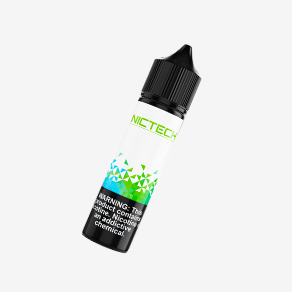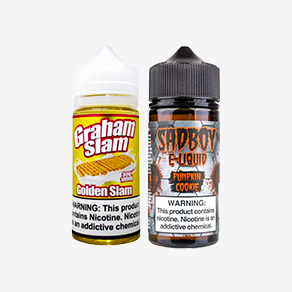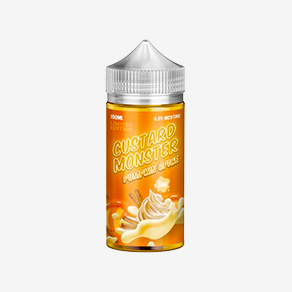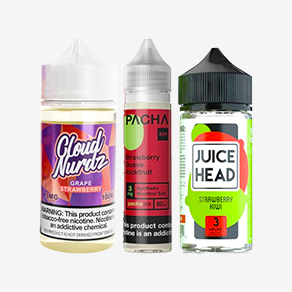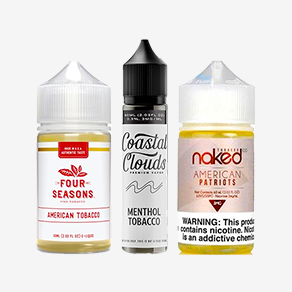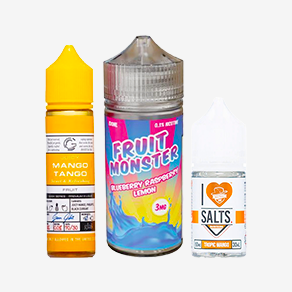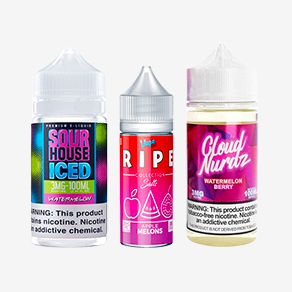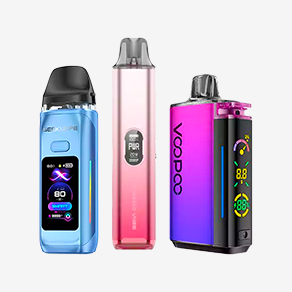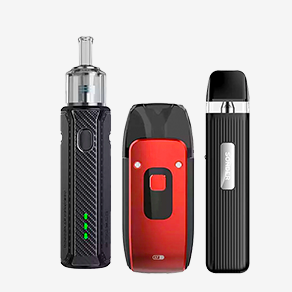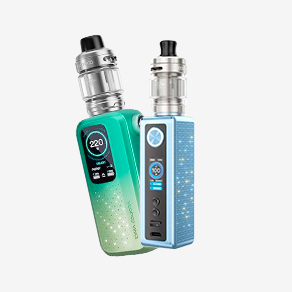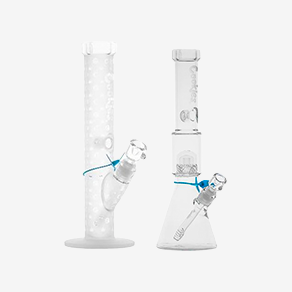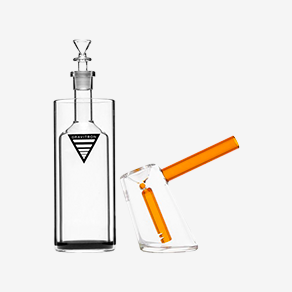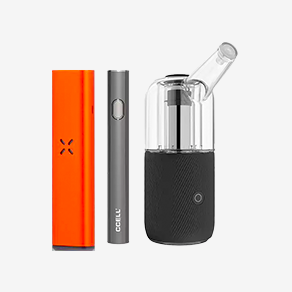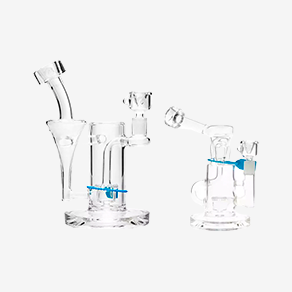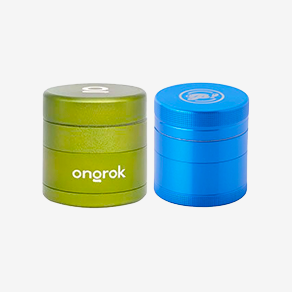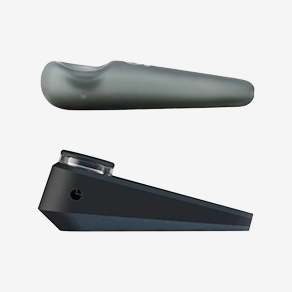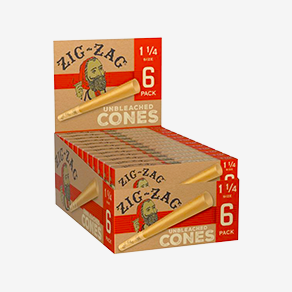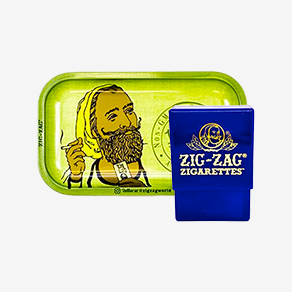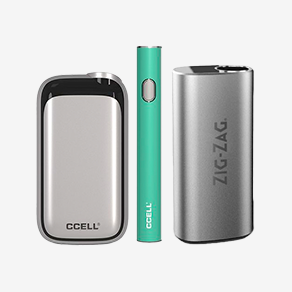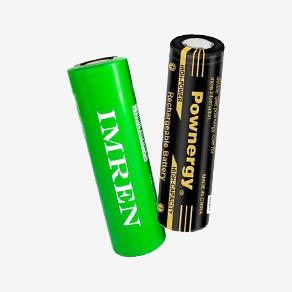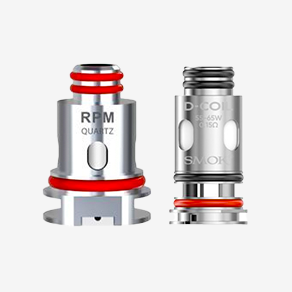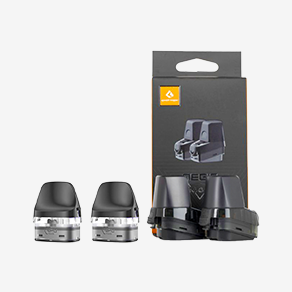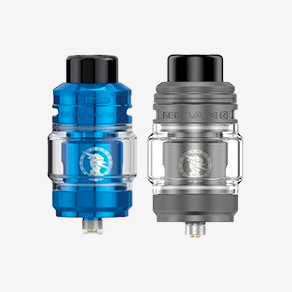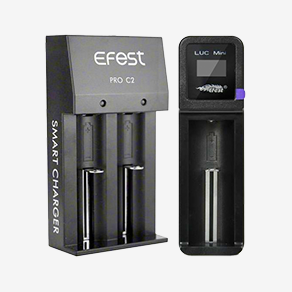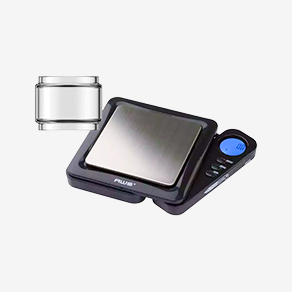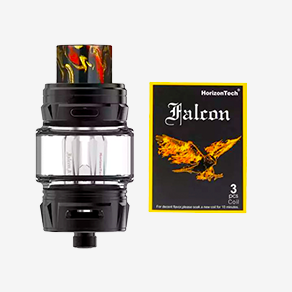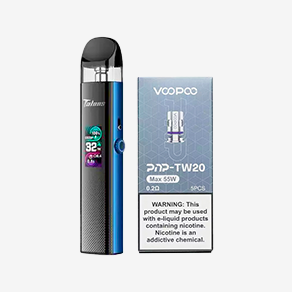Stay informed about the latest news surrounding FDA vape regulations and how they impact the vaping industry. If you've been following the developments, you've seen the uphill battle the industry has faced in gaining federal approval for these popular smoke-free alternatives to traditional cigarettes.
Ever since vapor cigarettes first appeared in the United States in 2006, they have faced intense scrutiny from government agencies, often criticized as a gateway to tobacco use, the leading cause of preventable death. Leading this scrutiny from day one has been the U.S. Food and Drug Administration (FDA).
So, where does the FDA stand on vapor cigarettes now, and how has their position evolved over the past eight years? Let’s explore.
Timeline of FDA Regulations on Vapor Cigarettes
In 2009, the FDA was granted authority through the passage of the Family Smoking Prevention and Tobacco Control Act (FSPTCA) to regulate the manufacturing, distribution, and marketing of tobacco products. This legislation aimed to protect public health by applying regulations to products "made or derived from tobacco" that are not classified as a "drug," "device," or combination product.
Initially, the FDA attempted to regulate vapor cigarettes as unapproved drug/device combination products, banning several manufacturers from selling their smokeless devices in the U.S. However, in 2010, these companies sued the FDA, and the U.S. Court of Appeals ruled that e-cigs and other products made or derived from tobacco could be regulated by the FDA unless marketed for therapeutic use.
By January 2013, the FDA announced plans to issue regulations for vapor cigarettes, but it wasn’t until April 2014 that the eagerly anticipated proposed rules were finally released.
The FDA’s "Deeming" Rule
On April 25, 2014, the FDA released its proposed "deeming rules," which sought to regulate vapor cigarettes as tobacco products. This meant that the FDA would "deem" (or consider) e-cigs and other new products not covered under the FSPTCA subject to the same regulations as existing tobacco products.
Once the deeming regulation undergoes public comment and is approved for finalization, the FDA's current regulations for cigarettes and smokeless tobacco would expand to include vapor cigarettes, cigars, pipe tobacco, waterpipe tobacco, and certain dissolvable products.
According to CASAA (Consumer Advocates for Smoke-Free Alternatives Association), if these regulations pass, the e-cig industry could face significant challenges—particularly for manufacturers of refillable devices:
"Although the regulations do not openly ban the refillable devices preferred by experienced users, they impose a costly registration and approval process that could effectively eliminate them. Additionally, while the regulations do not immediately ban the variety of popular flavors for e-cigarette liquid, they signal an intention to do so in the future."
Due to the large volume of public comments the FDA is expected to receive, officials do not anticipate a final ruling for at least a year after the publication date of the proposed guidelines, and it may take even longer.
Age Restrictions & Marketing Regulations
In 2019, the U.S. Food and Drug Administration (FDA) implemented a significant change regarding the age restrictions for purchasing vaping products. The change raised the federal minimum age for purchasing all tobacco products, including e-cigarettes and vape products, from 18 to 21 years old. This legislation, known as "Tobacco 21," was enacted as part of a broader effort to reduce youth access to tobacco products and address the rising use of e-cigarettes among teenagers.
In 2020, the FDA required all vaping product manufacturers to seek authorization to market their products through the Premarket Tobacco Product Application (PMTA) process. This required companies to provide scientific evidence that their products are "appropriate for the protection of public health," considering health risks, potential benefits for adult smokers, and risks to youth and non-users.
Products that failed to submit a PMTA or were denied authorization had to be removed from the market. The FDA's goal was to regulate the vaping industry more strictly, reduce youth vaping, and ensure that only products meeting health and safety standards remain available.
To stay updated on the FDA's next moves regarding vaping regulations, visit their official document on e-cigs. You can also read more directly on the FDA website.
Is FDA Regulation a Bad Thing?
If the proposed FDA regulations on e-cigarettes are as restrictive as CASAA suggests, they could have negative consequences for the industry. However, we believe that thoughtful regulation could ultimately benefit both consumers and the industry.
At VaporFi, we prioritize transparency. All of our e-liquids are FDA registered and mixed in FDA registered labs. We believe that strict FDA vape regulations can protect consumers from substandard products and ensure that the industry maintains high standards of health and safety.
We encourage you to learn more about why our e-liquids are top-notch and how our devices are built to last. Don’t forget to bookmark our blog and visit us regularly to stay informed about the latest headlines and vaping regulations.
Frequently Asked Questions
Are there any FDA-approved vapes?
At the time of this writing, the FDA has not approved any specific vaping products as safe or effective for smoking cessation. However, products that meet the FDA's regulatory standards may be considered FDA-compliant.
How do FDA regulations on e-cigarettes affect the vaping industry?
FDA regulations could impose strict guidelines on the manufacturing, marketing, and sale of vaping products. This could lead to fewer available products, particularly refillable devices and flavored e-liquids, which are popular among experienced vapers.
What is the FDA's stance on flavored e-liquids?
The FDA has expressed concerns about flavored e-liquids, particularly regarding their appeal to minors. Future FDA regulations may further restrict or ban certain flavors.
How can I stay updated on FDA vaping regulations?
To stay informed, regularly check the FDA's official website on e-cigarettes and subscribe to our blog for the latest updates on vaping regulations.
* VaporFi products are not approved by the Food and Drug Administration ("FDA") nor does the FDA endorse or deem these products to be safe for use by consumers.

